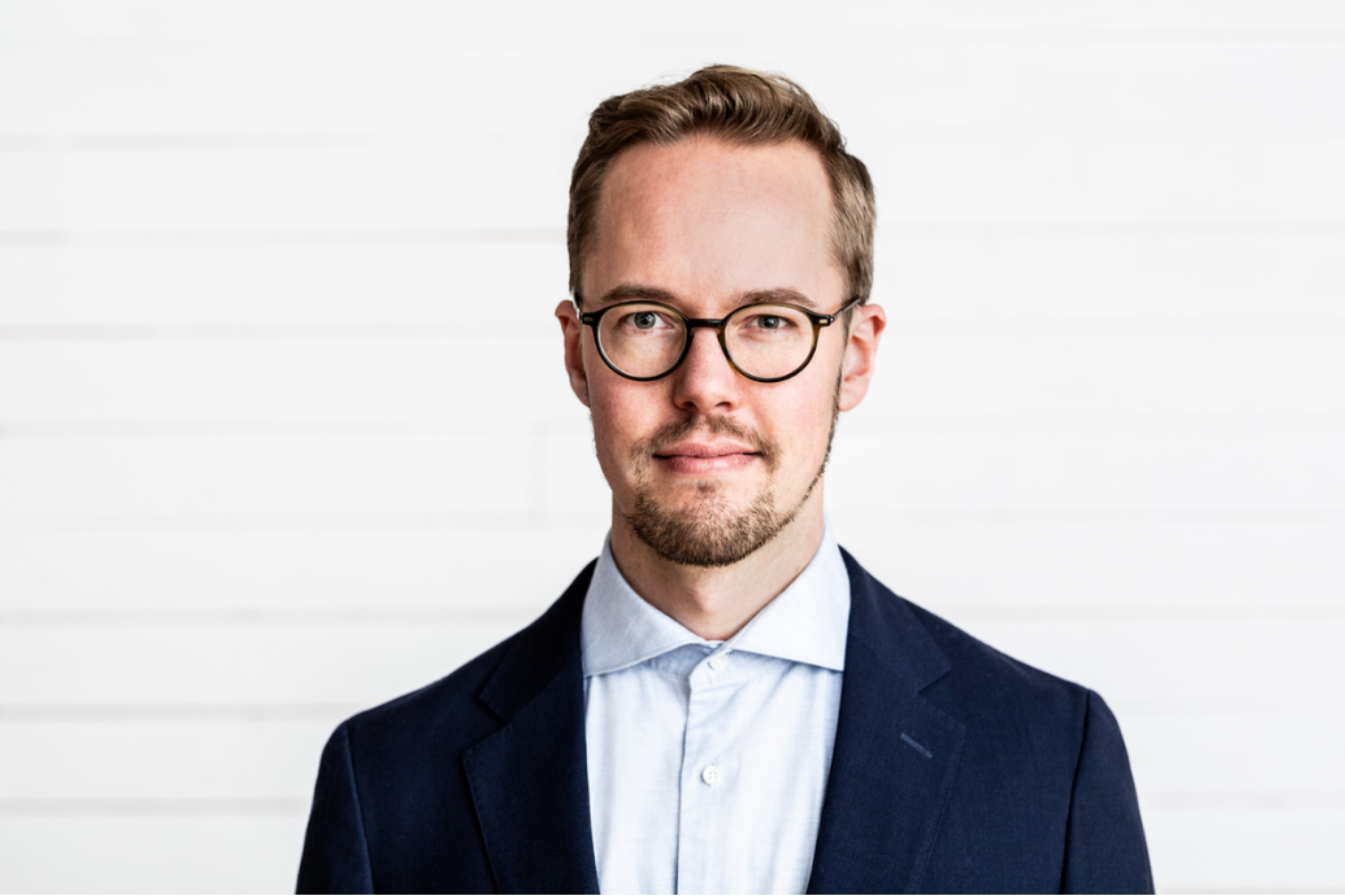Rewiring Mental Health: Innovation, Science, and the Future of Treatment How this entrepreneur turned cutting-edge brain stimulation into a revolutionary tool for treating depression—and what it takes to build a mission-driven business.
By Entrepreneur UK Staff Edited by Patricia Cullen
Opinions expressed by Entrepreneur contributors are their own.
You're reading Entrepreneur United Kingdom, an international franchise of Entrepreneur Media.

When Daniel Mansson co-founded Flow Neuroscience, a London based health-tech business, he wasn't just launching a company - he was rethinking the way depression is treated. With a background in clinical psychology and a passion for innovation, he and his team set out to bridge the gap between science and accessibility, creating a device that combines brain stimulation with digital therapy to empower patients worldwide.
What inspired you to start your business?
My co-founder and I saw a pressing need for new approaches in mental health treatment, especially for depression. We believed, and still do that combining brain stimulation technology with evidence-based therapy could bridge the gap in traditional healthcare while also being safe, effective and easily accessible. This belief sparked our journey to create Flow.
What was your biggest challenge ,and how did you overcome it?
One of our toughest challenges was navigating strict regulatory pathways for medical devices. We tackled it by investing heavily in regulatory expertise, clinical research and compliance from day one, ensuring our product met the highest standards. This rigorous approach eventually earned us official approvals and helped build trust.
Related: Prioritising Mental Health from Day One
How did you secure your initial funding?
A couple of thousand dollars were raised through a local initiative. The first amount of over $10,000 came from a specialised accelerator programme that provided us with a five-month dedicated workspace in Shenzhen, China, along with access to over 30 engineers who helped us develop our first MVP. This group (SOSV) also provided the first funding.
How do you handle failure or setbacks?
Choosing my co-founder is one of the most important decisions I have made so far. Failures and setbacks are shared with Erik, with whom I share both intellectual curiosity and a sense of humour. These qualities are very important to me.
What advice would you give to someone starting their own business?
I do not give general advice, as it always depends on the specific situation, but a quote that I have found useful is from Friedrich Nietzsche, who wrote: 'He who has a why to live for can bear almost any how.' I chose a mission that genuinely excited me. The interest has fuelled me through the toughest periods.
How do you stay motivated during tough times?
Remembering the positive impact on our users is a huge motivator. Hearing stories from people whose lives have improved thanks to our device reminds us why we started this. Those success stories fuel our passion and resilience.
Share your tips for achieving success…
Be laser-focused on solving a genuine problem. I have found that a genuine problem is often just as difficult to solve as a nonsensical one.
Related: Transforming Healthcare Recruitment












